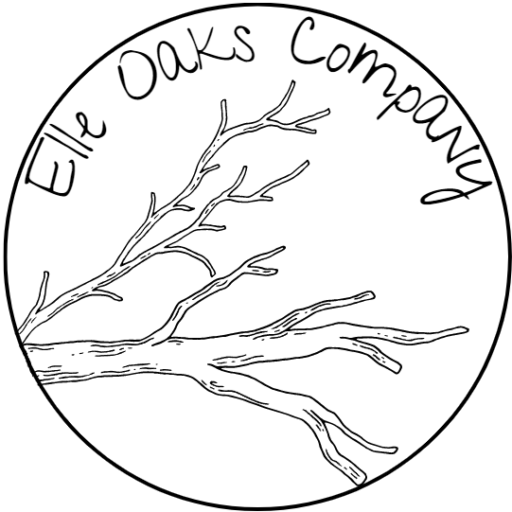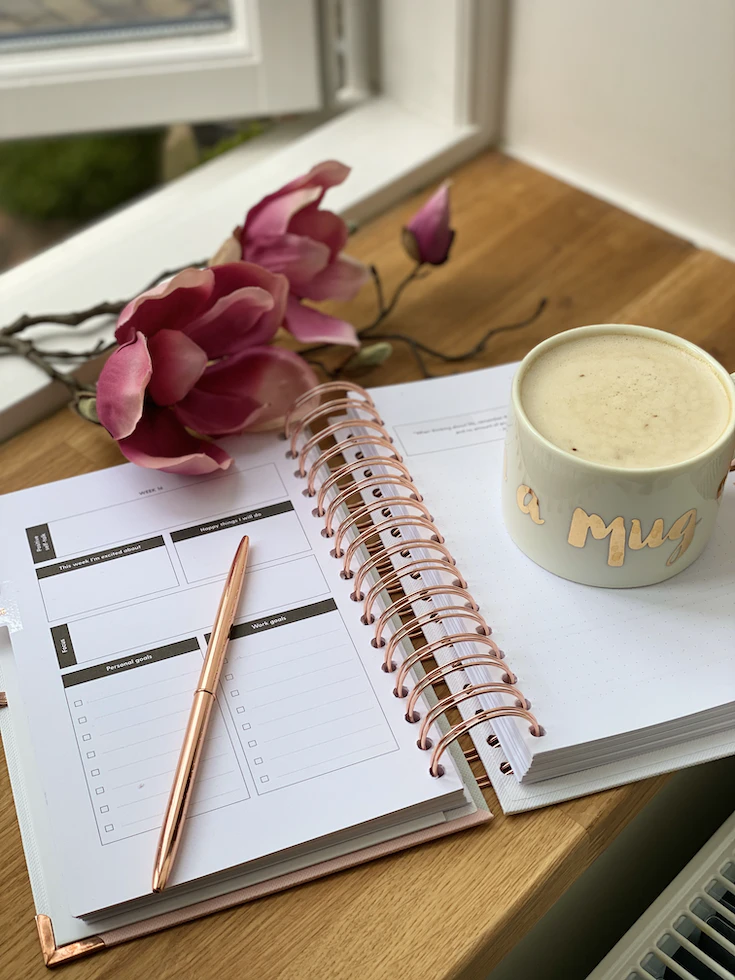Worldbuilding is one of the many important aspects of writing a story, especially fantasy and sci-fi. But what sort of descriptions are considered necessary and not just purple prose? Today we’ll take a look at using your senses to enhance the worldbuilding in your story and evoke reactions from your readers!

When it comes to worldbuilding, the easy thing to do is describe visuals. It’s the default. What do the characters see? But creating an exciting and vivid experience for the reader should be so much more. So, call upon your youth and think back to the primary 5 senses.
Sight
Again, sight is typically the default. Describing the way people look, what is going on around them. Authors rely heavily on their characters having vision to be able to describe a setting.
Sight can be used to describe appearances of people, structures, types of flora and fauna. But relying on colors and generic adjectives can leave a reader wanting more. Think of materials, verbose terms and drill down to the specific shade of blue. Keep it simple and brief yet think of the most thought-provoking imagery in the scene.
More often than not, in epic fantasy, description based on sight can be overdone. Recurring detail of the material a castle is made of, or the color of the love interest’s eyes can start to distract from the plot. Description should be used as an enhancement, a tool. If it us too noticeable or distracting, reel it in to what is most important to the scene.
Sound
The use of adjectives to describe sounds in the character’s surroundings can add a lot to enhance a scene.
Whether it’s a quiet library or a bustling city, the reader can get a good idea of what is going on around the characters without needing a paragraph explanation. This helps with the “Show don’t tell” method. There are a lot of great words to describe sound that writers tend to ignore.
To get a good sense of sound in a scene, pay attention to your surroundings. Or turn on a move or tv series and listen into the background noises. Sounds create a sense of a lively environment, making the scene all the more realistic.
Smell
Often overlooked, smell can enhance a scene in a way sight and sound cannot. It can evoke responses in a reader that other descriptions fail to offer.
Pleasant tranquility. Repulsive and gag worthy. These are just a few examples of reader reactions.
Smell can add another dimension to the setting. It can be used to signify romance or danger. Many use their sense of smell more than they realize in day-to-day life, which is why it can be alarming when one loses that sense in age or sickness.
Taste
Not necessarily a sense one uses consistently but definitely a sense to bring the reader into the experience. Whether the character is eating a home-cooked meal, licking the salty sweat from their upper lip, or the taste of stale almond while undercover, taste can evoke a feeling in the reader that explicitly telling can’t do.
It may not be necessary in every scene but think to those times in your book when you may be able to place descriptions appealing to the sense of taste. Being able to recall even the less often used senses in writing will prove your ability as a writer.
Touch
Utilizing adjectives to describe touch can tell the reader just as much about your characters as the settings. If it is the character focusing on the feeling and sensation of certain fabrics or materials, it could show anxiety or OCD. Describing the feel of the surroundings can evoke panic or comfort.
Similar to taste, describing touch is not one that can be used in all occasions. But, when you are able to use it, describing touch can transport the reader to the scene. It will put them in the mind of the character, allow them to experience what the character is experiencing.
Conclusion
When it comes to worldbuilding, describing the scene through the use of the primary five senses will pull the reader into the story. The world will come alive around them as the characters’ experiences play out like a movie in their head. Your story will be an escape, a transport to a whole other world.
So cut the fluff and stick to description that means something to the reader. It will prove you are no amateur writer, and that you have the ability to create a world as three dimensional as our own.
Did I miss something? Let me know in the comments below what you think is the most important sense or description in crafting fantasy worlds!
Like this post? Share on your socials!
While you’re here, check out our books by clicking here!

Questions or ideas about future posts? Contact us on our form! Click here.

